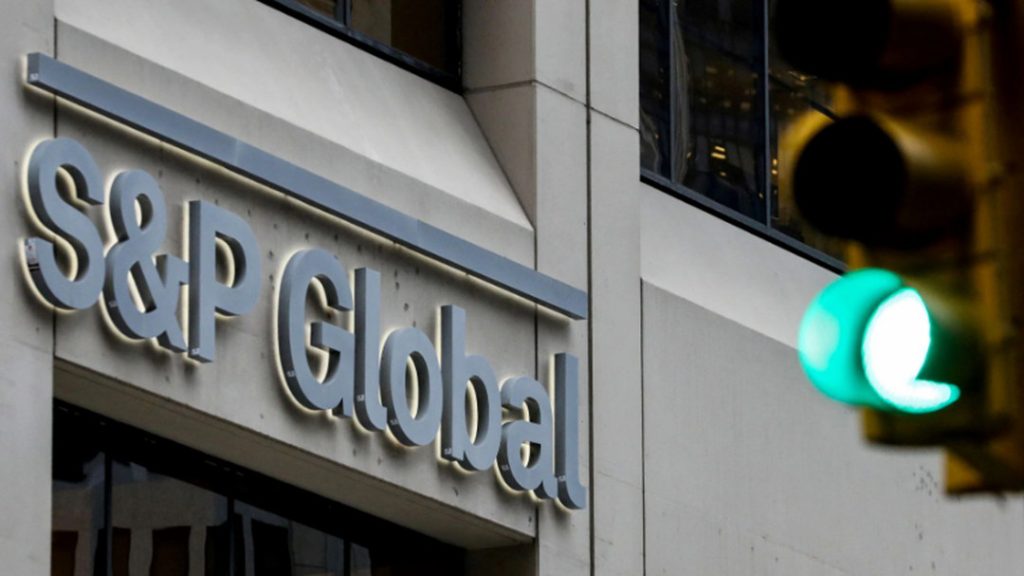New regional benchmarks: Platts introduces Shanghai and Rotterdam low-carbon methanol marine fuel (MMF) assessments to enhance transparency for sustainable shipping fuels.
Strategic alignment with regulation: Launch follows global and EU regulatory pressure to decarbonize shipping, including IMO’s GHG penalties and FuelEU Maritime targets.
Market growth catalyst: Expected rise in biomethanol and eMethanol capacity, especially in China, positions these hubs as critical players in the low-carbon fuel economy.
S&P Global Commodity Insights has expanded its coverage of alternative marine fuels with the launch of low-carbon methanol marine fuel price assessments for Shanghai and Rotterdam, effective May 2. These assessments aim to support the maritime sector’s decarbonization strategies amid tightening global emissions regulations.
“Shanghai is the world’s busiest container port, and sustainable methanol has already been supplied and bunkered in the port,” said Esther Ng, Global Methanol Pricing Lead at Platts, a division of S&P Global. “These assessments aim to provide price transparency for shipowners as the maritime industry marches towards net zero in 2050.”
The Shanghai launch marks the first low-carbon MMF assessment in China, coming just six months after Singapore’s. As China scales production—projected to reach 1.5 million metric tons/year by 2028—Shanghai is emerging as a key trading hub. The first spot market activity is expected by mid-2025.
RELATED ARTICLE: S&P Global Launches New Nature & Biodiversity Risk Dataset
“Legislation supporting low carbon bunker fuel has been implemented in Europe and has achieved substantial progress at the global level with the latest IMO MEPC 83 meeting in April,” said Olivier Maronneaud, Global Research Lead for Methanol and Plastic Circularity. “Liquidity for low carbon methanol as bunker fuel is anticipated to increase in the coming months and years.”

At the global level, the International Maritime Organization (IMO) has voted to penalize shipowners for greenhouse gas emissions starting in 2028, complementing FuelEU Maritime requirements for stepped GHG intensity reductions through 2050.
In Rotterdam, Europe’s largest port and a major bunker hub, the new Platts assessment supports existing initiatives such as the Green and Digital Shipping Corridor with Singapore, which targets at least 20% emission reductions by 2030 along major trade routes.
The new price benchmarks include:
Platts Low-carbon Methanol FOB Shanghai
Platts Low-carbon Methanol Marine Fuel Delivered Shanghai
Platts Low-carbon Methanol Marine Fuel Delivered Rotterdam ($/mt and €/mt)
Each reflects market values for methanol fuels that meet sustainability documentation standards under the Renewable Energy Directive, accounting for carbon intensity or equivalent GHG savings compared to fossil fuel comparators.
For maritime operators, traders, and investors, these assessments deliver critical pricing signals in two of the world’s most influential shipping corridors, as global supply chains move toward a lower-emissions future.
Follow ESG News on LinkedIn

